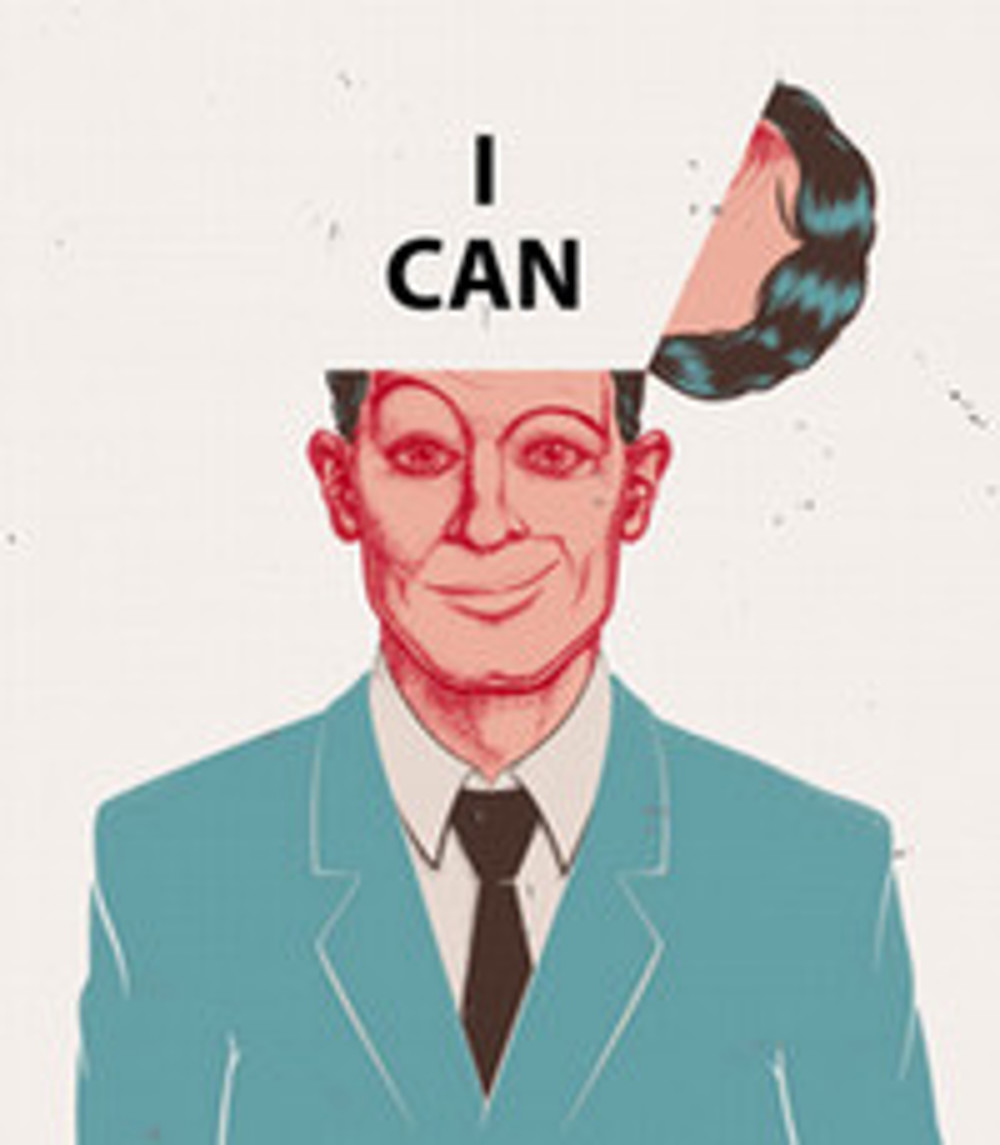
by Dr. Terry Engel, professor of English
A while ago I had a meeting with a struggling student in a reading and writing intensive, discussion-oriented, upper-level class focusing on the contemporary novel. I noted the student’s failure to bring books to class, to read, to participate, to take notes or to turn in assignments. The student spent most of the class time struggling to stay awake or scrolling on a phone. I had tried quizzes to promote reading, class activities and “proximity,” a teaching strategy where the teacher takes a position close to the disruptive student to encourage better engagement — with no effect. I asked if there was anything I needed to be aware of that might be affecting the student.
The honest answer, I was told, was that the books we were reading were of no interest, nor was the theme of the class. Grades were not important, only graduation, and my class was the slightly more appealing of two options that met the criteria of fitting a schedule and completing a minor.
I appreciated the student’s honesty, I said, and also that I understood, having sat through my share of unappealing classes and meetings over the years. But we also talked about how, in our jobs and relationships, we often find ourselves having to attend meetings and perform tasks that we have trouble finding meaningful or worthwhile. It’s not always easy to be engaged, but sometimes we learn surprising and indispensable knowledge from texts, activities and people if we engage in the process with a mind open to being open.
I’ve spent a good many years kicking myself for not taking the opportunity to like more things. I’ve always known what I liked and — even better — what I didn’t like, and what I didn’t like I had no desire to explore. A lot of it came down to being young and lacking experience and maturity.
Chalk up to my closed-mindedness a dislike for disco and Dwight Yoakum; the opera and ballet; New York City and the Midwest and Europe; hockey and soccer; William Faulkner and Charlotte Bronte; and more opportunities missed than I care to list.
It’s hard to step outside a comfort zone, to pass up the known and gamble on the unknown. It’s easy to binge the same television, scroll endlessly through social media, hang out with the usual friends, return to your trusted restaurants, bank on the safety of the known rather than risk being disappointed, or worse, challenged.
In Bowling Alone: The Collapse and Revival of American Community, author Robert D. Putnam argued that in the last half of the 20th century, American participation and volunteering in civic, recreational and fraternal organizations declined due to double-career families, suburbanization, commuting, urban sprawl and electronic entertainment. As a result, we are much less likely to engage with new experiences and people who hold different perspectives and experiences, much less engage in civic discourse or try new things. In the 25 years since the book’s publication, we have further entrenched ourselves in the known and comfortable and have often villainized the unknown.
Luckily my wife and children and friends keep me engaged in new experiences and opportunities, but it requires effort. I’m fortunate that my professional life revolves around teaching literature and writing. In an interview with Marilynne Robinson, former President Barak Obama said “the most important stuff I’ve learned I think I’ve learned from novels.” I often tell students that I have no idea what life is like for someone who isn’t white, male, a Baby Boomer or a Southern Christian, but through reading I can come closer to understanding, or at least caring about, Blacks and women, the extremely rich or extremely poor, gen X or Z or millennials, and people from other countries and cultures. Through my writing I can enter into the mind of a boy raised in an anti-government militia family in Utah or a man contemplating the end of his marriage while raising two wolves in Mississippi. Imaginatively entering into another life through reading and writing helps me be a better Christian and know the world in ways that I can never experience.
For years I’ve adopted a maxim offered by a professor in my graduate program. It was one of those idle comments, sandwiched between Modernism and Postmodernism. My professor said that he tried to “like as much as [I can].”
It’s the “can,” that requires work, the part that requires the most good will, but it’s the “can” that leads to the highest rewards.